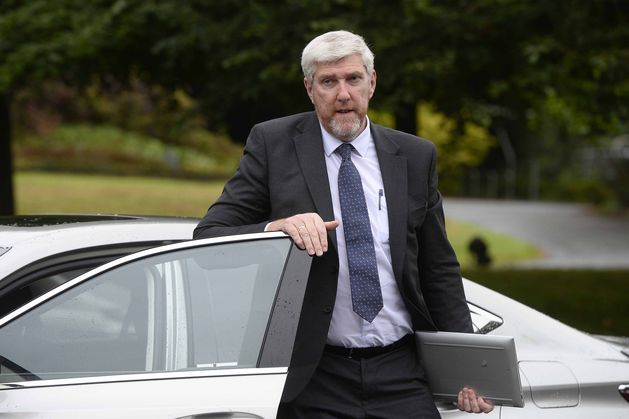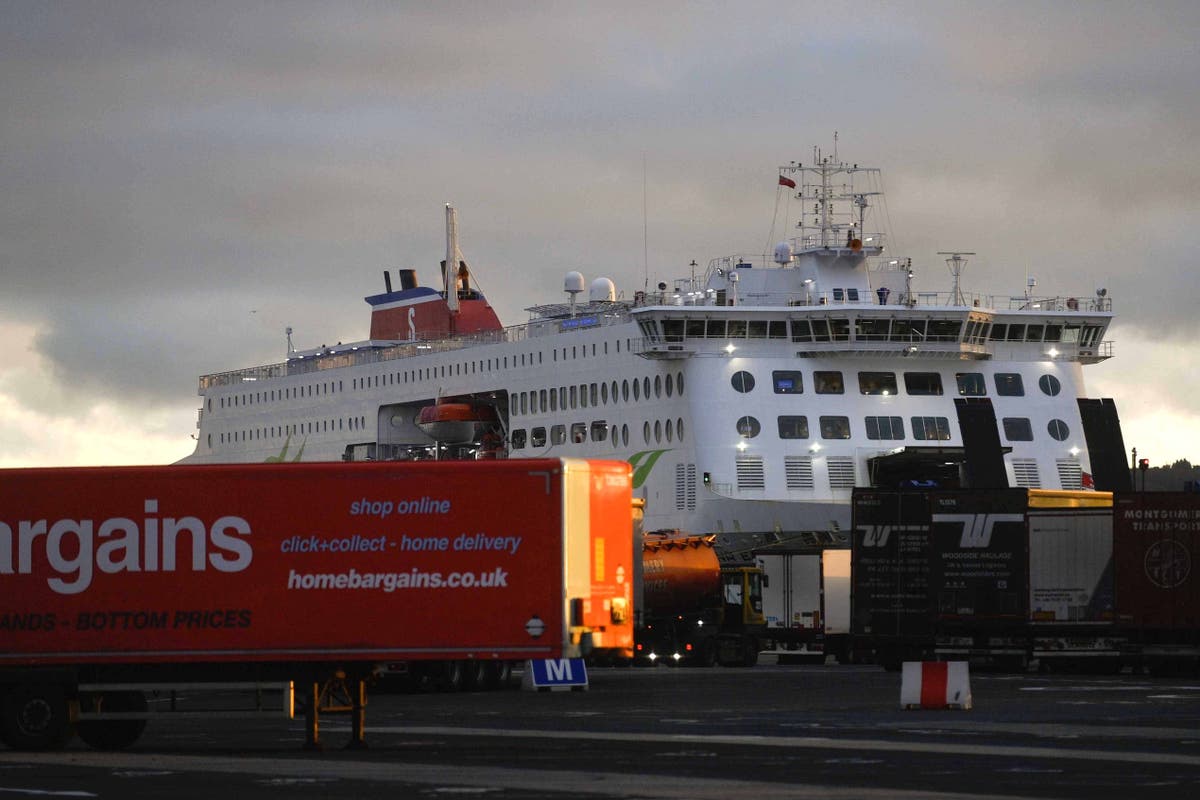Infra
John O’Dowd urged to move faster in dealing with Belfast traffic congestion

DUP infrastructure spokesperson Deborah Erskine has questioned why a consultation on legislation for a pilot scheme to temporarily allow taxis to use bus lanes in Belfast city centre hasn’t started already.
A response to Mrs Erskine issued on December 10 stated Infrastructure Minister John O’Dowd would announce the commencement of the consultation “in the near future”.
Mrs Erskine said: “On October 11 the minister announced this pilot scheme that would permit Class A and Class C taxis to use certain bus lanes in Belfast city centre whilst roadworks associated with the Grand Central Station are carried out.
“The headline on the statement trumpeted that the pilot would ‘help ease traffic and support the taxi industry’.
“Two months on and the only thing moving more slowly than traffic in Belfast city centre is progress on this pilot. Not only is the legislation to enable it not in place but a consultation on that legislation hasn’t even commenced.
“The public realm works around Grand Central Station will be in place for around 12 months. Indeed, the minister’s statement was timed to coincide with the full road closure of Durham Street.
“We shouldn’t pretend that allowing some taxis to use bus lanes would be the solution to traffic problems facing Belfast. However, neither should the Minister pretend that there’s nothing he could have done. His own statement points out that there was an awareness of the potential for traffic problems back in October yet we still don’t even have a date for the launch of the consultation process, never mind the legislation or the actual pilot scheme itself.
“No-one expects the Minister to have a magic wand at his disposal, but alongside the failure to communicate properly with the business sector and the Strategic Oversight Group moving from daily to weekly meetings, it starts to look like there is a lack of will to even attempt to tackle the traffic issues facing people in Belfast.”
In his reply, the minister stated: “Officials are working on the development of my proposal and I will announce the commencement of the consultation on the legislation to enable the pilot in the near future.”
However, the Belfast Chamber of Commerce has said it is hopeful that some measures to address the major traffic congestion issues in Belfast will be introduced before Christmas.
A delegation of Belfast Chamber members, led by President Gavin Annon and CEO Clare Guinness, met with Mr O’Dowd and his officers this afternoon to discuss the problem.
Among the solutions proposed by Belfast Chamber are:
* a temporary relaxation of bus lane restrictions to permit taxis on bus lanes,
* simplification of the bus lane times and turning restrictions along Great Victoria Street,
* having continuous bus lanes to make them more effective, but also fewer in number; and
* free fares on park-and-ride services in Belfast city centre.
Speaking after the meeting, Ms Guinness said: “Belfast Chamber has been at the forefront of voicing the concerns of businesses around the traffic congestion issue since October.
“We have provided a number of practical solutions to help address the problems and it is vital that our members’ voices are listened to.
“We had a productive meeting with the Infrastructure Minister and we welcome the fact that he and his department have pledged to examine ways to introduce measures to alleviate the traffic congestion before Christmas and in the New Year.
“Our businesses have suffered enough in recent months, with the negative impacts of the congestion including prolonged travel times, disruptions to punctuality and productivity, reduced footfall, late appointments and no-shows, and a reluctance to travel into the city centre from shoppers and business clients seeking to avoid congestion.
“Belfast Chamber fully appreciates and welcomes the investment that has been made to improve transport throughout Belfast, but this must be managed effectively and proactively, and not to the detriment of the economy.”










